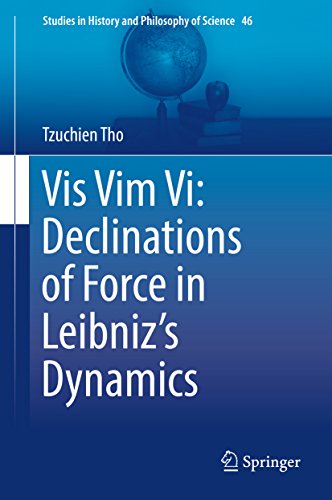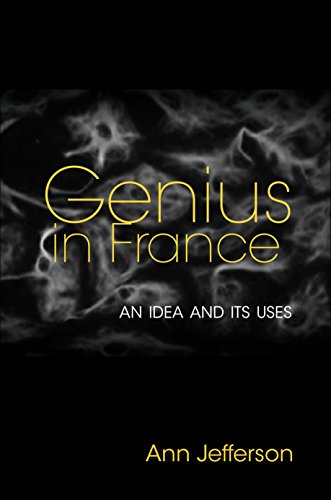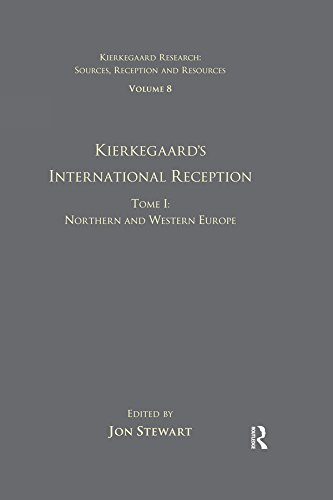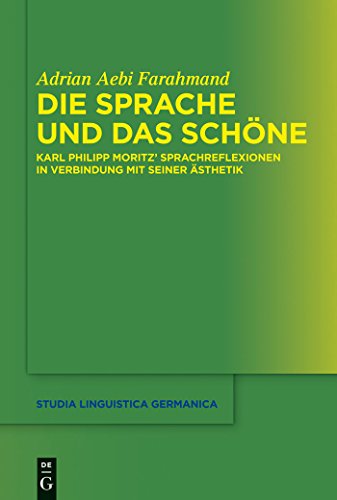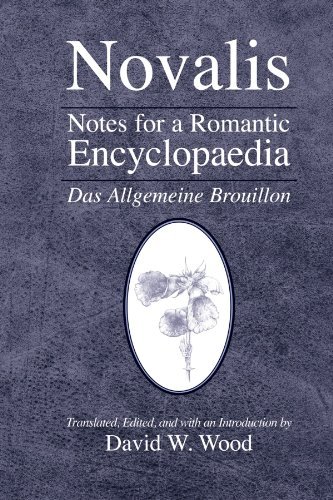By Novalis,David W. Wood
The first English translation of Novalis’s unfinished notes for a common technology, Das Allgemeine Brouillon.
Novalis is better recognized in heritage because the poet of early German Romanticism. in spite of the fact that, this translation of Das Allgemeine Brouillon, or “Universal Notebook,” eventually introduces him to the English-speaking international as a very proficient thinker in his personal correct and shatters the parable of him as a trifling having a pipe dream and irrational poet. Composed of greater than 1,100 pc entries, this is often simply Novalis’s greatest theoretical paintings and definitely the most outstanding and audacious undertakings of the “Golden Age” of German philosophy. In it, Novalis displays on a variety of elements of human tradition, together with philosophy, poetry, the traditional sciences, the high quality arts, arithmetic, mineralogy, background, and faith, and brings all of them jointly into what he calls a “Romantic Encyclopaedia” or “Scientific Bible.”
Novalis’s Romantic Encyclopaedia totally embodies the author’s personal own model of philosophy, “Magical Idealism.” With meditations on mankind and nature, the potential destiny improvement of our colleges of cause, mind's eye, and the senses, and the unification of the various sciences, those notes include a veritable treasure trove of richly poetic and philosophic thoughts.
“…a welcome contribution to the transforming into literature in English at the philosophy of the early German romantics … This publication merits to be learn now not easily for its many poetic moments … yet for the general imaginative and prescient that offers the poetry its theoretical punch.” — Notre Dame Philosophical Reviews
“With its lucid creation and notes, this crucial quantity allows the English-speaking reader to method the Notes for a Romantic Encyclopaedia (1798–9) for the 1st time as a coherent textual content, a part of a much broader seek in Germany for a brand new clinical technique, a plan purely later discovered in smooth physics.” — the days Literary Supplement
“…expertly translated, edited, and brought by means of David W. wooden ... There seems no subject, from the mysteries of the outside to the homes of minerals, which Novalis’s encyclopedic ambition didn't confront.” — the hot York Sun
“Wood’s translation will transform our feel of the diversity and form of ‘philosophy’ in German Idealism and Romanticism, and should make an incredible contribution to our realizing of the stakes and divisions within the encyclopaedic venture from the Enlightenment to the present.” — Tilottama Rajan, writer of Deconstruction and the Remainders of Phenomenology: Sartre, Derrida, Foucault, Baudrillard
“Wood’s first-class translation of a tough textual content is of the best quality and may be of significant provider to the field.” — Elizabeth Millán-Zaibert, translator of Manfred Frank’s The Philosophical Foundations of Early German Romanticism
Novalis (1772–1801) used to be the most important poet-philosopher of early German Romanticism. Universally acclaimed as a poetic genius for such works as Hymns to the evening and the incomplete novel Heinrich von Ofterdingen, he in particular favourite the fragment shape for his philosophical meditations. The latter achieve their climax during this quantity, his striking plan for a common science.
David W. wooden is a PhD candidate in German Idealism on the Sorbonne in Paris. he's the translator of Goethe and Love via Karl Julius Schröer.

